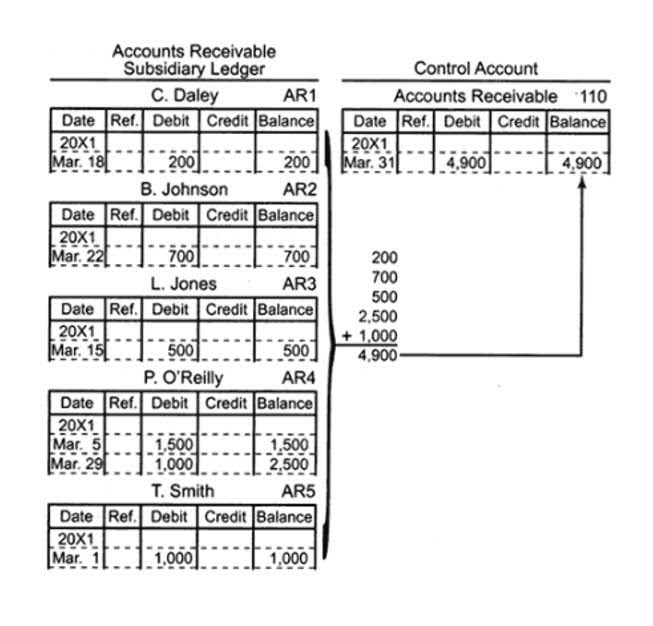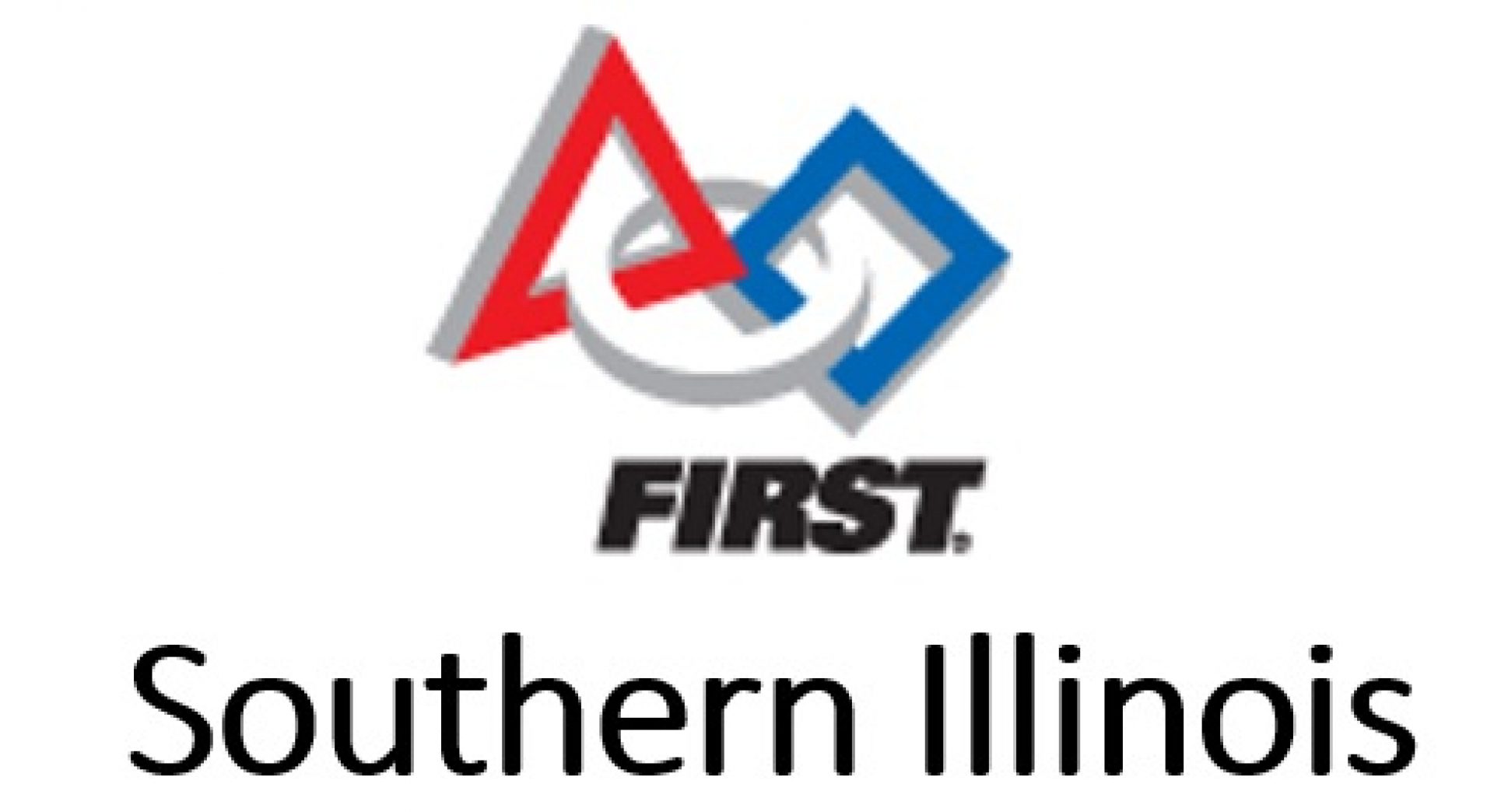
The FASB allows businesses to choose how they depreciate assets on their financial statements, but they must disclose the method they use and use it consistently for the life of the assets. Since the method of depreciation affects areas such as expense accounts and net income, it affects the amount of income taxes due. The Internal Revenue Service also allows businesses to choose their method of depreciation, but like the FASB, they must disclose the method and use it consistently. Most businesses choose the depreciation method that results in the least amount of taxes owed. There are a lot of factors that go into proper accounting and finance operations. As we stated previously, having finance reports and accounting practices that follow FASB guidelines is what does the fasb do a must regardless of your business’s size, stage, or revenue.

Depreciation of Assets
The FASB is governed and funded by the Financial Accounting Foundation (FAF), which was established in 1972 as an independent, private-sector, not-for-profit organization. The FAF is responsible for the oversight, administration, financing, and appointing of members for both the FASB and the Governmental Accounting Standards Board (GASB). The FASB’s main goal is to design new and effective reporting guidelines for all companies that sell goods or services in the United States. FASB is in charge of devising or changing standards that are meant to improve the reliability of financial data by eliminating factors that distort reported information.

Show Investors And Finance Institutions Your Financial Reports With Confidence
Investors have the right to know the profits and losses of a company in its operations. It is the responsibility then of FASB to make sure that investors have access to essential information. FASB works toward maintaining its standards after they are implemented by companies through the Securities Exchange Act of 1934. In 1973, these 3 organizations merged into one 128-member board through an act known as the Financial Foundation Act. By fulfilling these responsibilities, the FASB plays a critical role in maintaining the integrity and efficiency of financial HVAC Bookkeeping markets. Looking for access to technical support, best practices, helpful videos, or training tools?
Create a Free Account and Ask Any Financial Question

GAAP refers to the principles accountants are required to follow when putting together publicly available financial statements. Financial statements are documents that show a company’s financial standing during a specific time frame. GAAP standardizes financial statements so investors can easily look at a statement and make an informed decision about the financial health of a company. If you answer to investors, you may prepare financial statements regularly, but you’re not held to the same standards as large, publicly-held companies. These acts established the Security Exchange Commission or the SEC and give it the power to create accounting standards in the United States. The SEC realized that it was in the accounting industry’s best interest to keep accounting standard setting private.

Generally Accepted Accounting Principles (GAAP), and interpreting and enforcing them across reporting entities in publicly traded companies in the United States of America. The FAF works to appoint board members from a variety of backgrounds. The board includes academics, financial statement users and accounting experts from the public and private sectors. When it comes to the SEC vs. FASB, the SEC recognizes the FASB as the authority to establish GAAP. The SEC provides additional rules for publicly-traded companies to follow, but GAAP is the starting point for accountants developing financial statements.
- They also both have the power to create new standards, interpret existing ones, develop compliance for these standards, and ensure that reporting entities (companies) implement these standards properly.
- FASB has a huge impact on financial reporting processes and the overall credibility of financial information in the United States.
- Its primary role is to develop and improve generally accepted accounting principles (GAAP) in the United States.
- GAAP refers to the principles accountants are required to follow when putting together publicly available financial statements.
- The FASB issues financial accounting standards that are used by companies in the U.S.
As your business grows, though, you might want to switch to accrual accounting with an eye toward GAAP. Accrual accounting records transactions when they are fixed assets earned rather than when money changes hands. For example, you might order inventory from a vendor in March, but you don’t pay the invoice until April.
- These standards have been aggregated into the Accounting Standards Codification, which is designed to make the standards more searchable.
- Many businesses initially use cash accounting, which records transactions when they occur.
- This standard greatly affects the income statement — a statement of the company’s profits and losses.
- Members of the thirty-one-person board include CFOS, CEOS, long-time senior partners in top accounting firms, analysts or data communities, and finance experts.
- The board includes academics, financial statement users and accounting experts from the public and private sectors.

She has worked in sales and has managed her own business for more than a decade. She has also written content for businesses in various industries, including restaurants, law firms, dental offices, and e-commerce companies. Companies that are publicly traded must also follow guidelines set by the Securities and Exchange Commission. The secretary or deputy secretary of the SEC also attends Task Force meetings on a regular basis.
